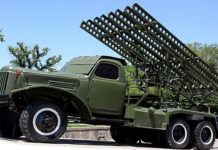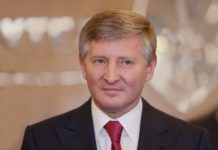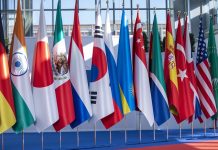Russian President Vladimir Putin said on Wednesday that Belarus was facing unprecedented meddling by external forces and he called on opposing political forces to try to resolve their differences through talks, Reuters reported.
The country, a close Russian ally, has been rocked by mass protests since an Aug. 9 presidential election which veteran incumbent Alexander Lukashenko said he won – an assertion contested by his opponents, who say the vote was rigged and want him to quit.
Moscow’s backing is seen as vital for Lukashenko’s chances of staying in power and its statements are being closely watched for changes in tone or any sign that Moscow could be pushing for some kind of managed power transition.
“I really hope the Belarusian people have the political maturity to calmly and without any sharp movements build a domestic political dialogue with all political forces and resolve all its internal questions themselves without any kind of external pressure and outside interference,” Putin told an online meeting of a Russia-led security bloc attended by Lukashenko.
Russia has ostensibly backed Lukashenko throughout the turmoil, but signs have begun to emerge that it wants him to de-escalate the situation, enter talks with his opponents, and embark on long-promised constitutional reform, a process that could culminate in him stepping down.
Lukashenko has so far spoken of possible change, while stamping out protests with greater force. Most prominent opposition leaders have been jailed or fled.
Lukashenko has ruled Belarus, a former Soviet republic of 9.5 million that Russia sees as a security buffer against NATO, for 26 years. He has often played Moscow off against the West to extract political and economic dividends from the Kremlin.
Last week Russia sent its foreign minister to Minsk to tell Lukashenko to press ahead with constitutional reform to defuse the crisis, an initiative Lukashenko himself had promised but which had stalled.
The following day, Lukashenko said he would step down as president once a new constitution is adopted, though he gave no timeline for those moves.
Protesters dismiss the reform promises as a stalling tactic.
Speaking at the online Collective Security Treaty Organisation (CSTO) meeting on Wednesday, Lukashenko blamed the unrest on outside meddling, singling out Poland and the Baltic states in particular.












